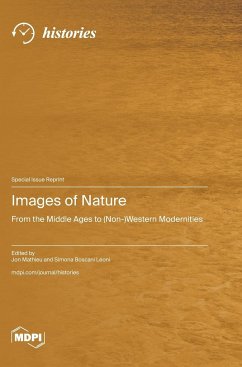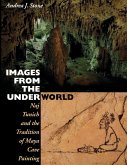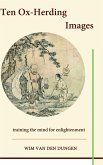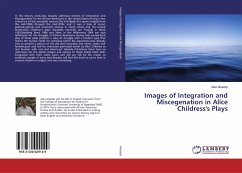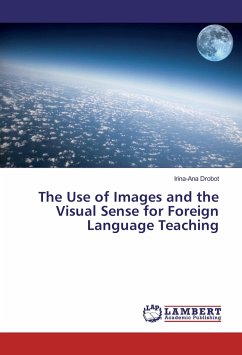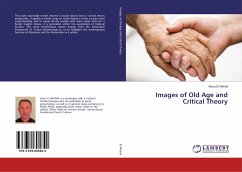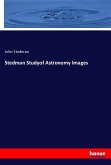Natura is a polysemic Latin word that has accompanied the historical development of the West for centuries, spreading around much of the globe with colonialism and imperialism. It has been adopted in numerous languages. Our relationship with nature has become a highly charged issue at least since the "ecological turn" around 1970. It is as much about the relationship of humans to the environment as it is about the relationship of humans to each other. In the course of these debates, research has intensified in various disciplines: history, anthropology, philosophy, literature, ecology, etc. The nine contributions gathered in this volume deal with the dimension of perception and its long-term development from the Middle Ages to the present time. They trace in detail how images of nature were adopted, modified, and transmitted for specific purposes in specific situations. The introduction to the volume provides an overview and brings the contributions together.
Hinweis: Dieser Artikel kann nur an eine deutsche Lieferadresse ausgeliefert werden.
Hinweis: Dieser Artikel kann nur an eine deutsche Lieferadresse ausgeliefert werden.

